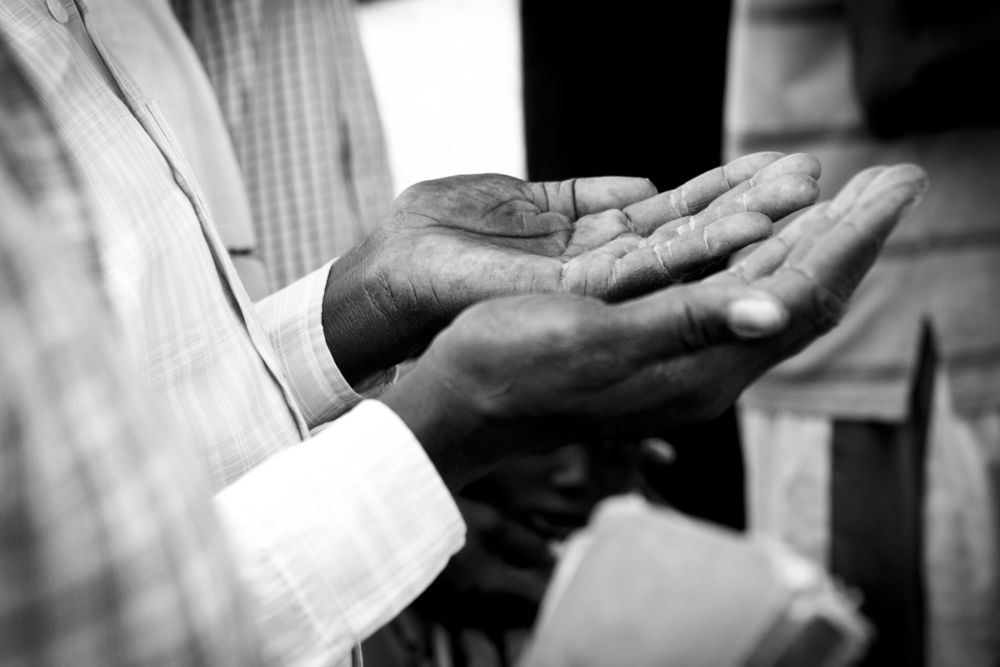If you say nice things about my preaching — or my writing, or my shoes — I have to admit, I’ll be pleased. I’ll remember what you said. Pay me a compliment, and it may even change the course of my day.
That’s the power of praise when it’s directed at another human being. For a moment, it makes us feel like we’re the object of admiration and even love.
Praise from one person to another is powerful. But nothing’s more powerful than praise directed to God.
Praise is the highest and purest form of prayer. It is the only kind of prayer that’s all about God. When we pray an act of contrition, it’s because we want forgiveness. When we make an act of supplication, it’s because we want something. When we pray an act of thanksgiving, it’s because we got something. Only praise is directed at God for God’s sake.
Praise for other people can be insincere. We call such praise “flattery.” We pay a compliment in hope that we’ll get on someone’s good side.
But we can’t really flatter God, who knows our hearts and minds better than we do. If we praise the Lord, it had better be honest.
And any consideration of God might lead us to praise him. If we think about creation, we marvel at the intricacy of nature’s design. So we should marvel at the designer — and we should praise him.
If we read the Bible, we’ll be amazed at the course of history, and the way God has, again and again, brought good out of disasters and catastrophes. We’ll marvel at his providence — and praise him.
The Bible repeatedly urges us to “Praise God” — that’s the meaning of the word alleluia. So we have God’s word for the goodness of praise.
It’s not that he needs our compliments. When I enjoy your kind words about my preaching, I confess, it’s because I’m vain.
But God is not vain, and God is not needy as I am. He is all sufficient. He requires nothing. If he has commanded praise, it’s because it’s good for us to praise him.
When we praise God, we’re recognizing God’s greatness, which is the foundation of all reality. When we praise God, we’re seeing things as they are and responding in the most reasonable way to what we see.
When we praise God, we’re cultivating the best possible habit. We’re practicing the one action we hope to sustain forever in the afterlife. When the prophets and seers have visions of heaven, what do they say the saints and angels are doing there? They’re praising God.
What the saints do forever, they start here in this life. St. Francis looked at the world around him, and he couldn’t keep from singing: “Praise be to you, my Lord, through our Sister, Mother Earth, who sustains and governs us, and who produces various fruit with colored flowers and herbs.”
The Church does her part to cultivate the habit in us. So many prayers and responses of the Mass are pure effusions of praise — “Glory to God in the highest!” “Praise to You, Lord Jesus Christ!” So many of our hymns lift our hearts in purest worship of God, “from whom all blessings flow.”
This doesn’t mean we neglect our neighbor in order to give God his due. We can never give God what we owe him. When we praise the virtues of our neighbors, we’re simply recognizing God’s handiwork in his greatest creation.
So if you do like my shoes, it’s OK to tell me. I’ll try not to let it go to my head.
All glory to God who made the feet to fit those shoes, the hides to bind them, the cobblers to cobble them. “Not to us, O Lord, not to us, but to Your name give glory.”

